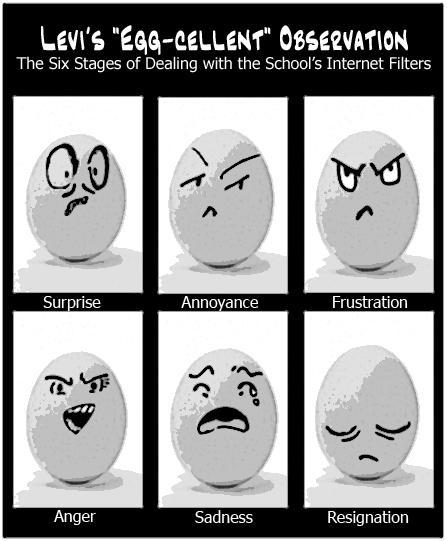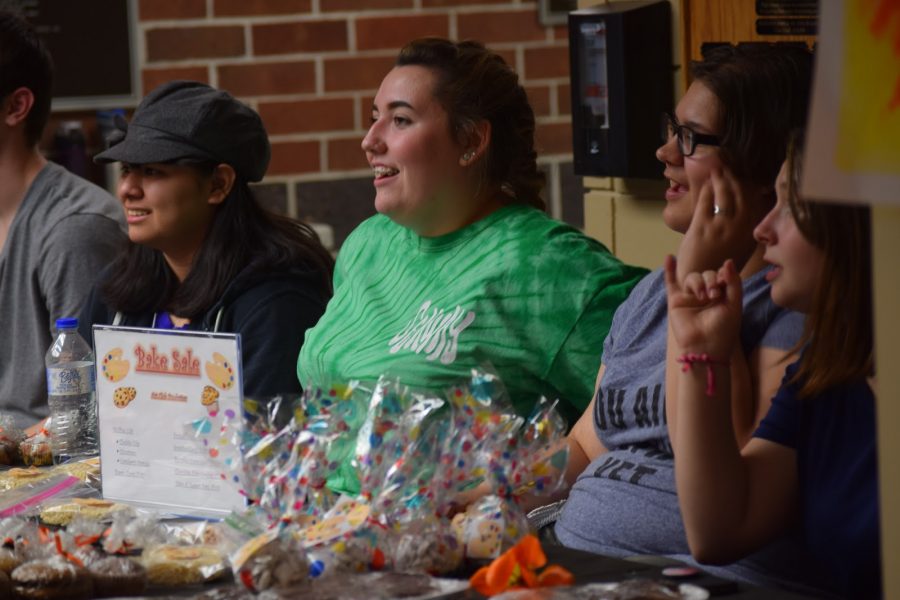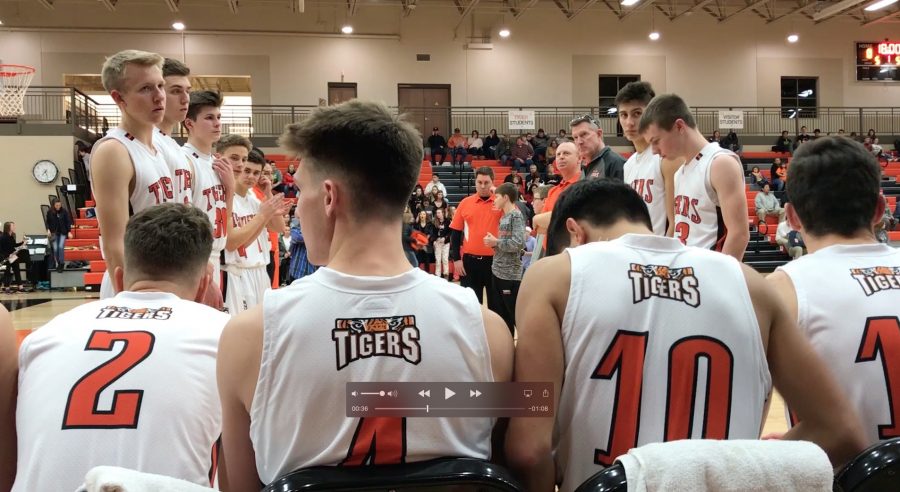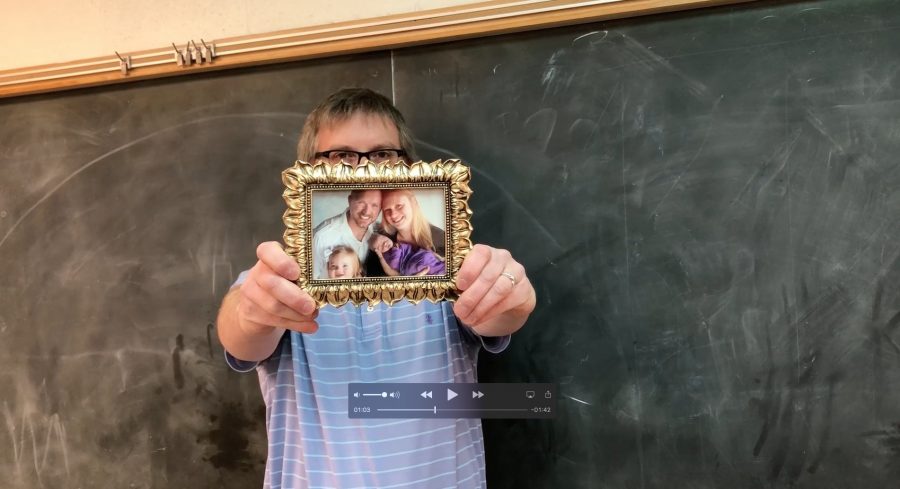 We have all had run-ins with the school’s internet filter. An internet filter of some sort has been in place in the Black River Falls School District for the last decade, but in the last few years, the filter has become more prominent.
We have all had run-ins with the school’s internet filter. An internet filter of some sort has been in place in the Black River Falls School District for the last decade, but in the last few years, the filter has become more prominent.
“Within the last four years, we’ve had three filters,” said LMC Director Cheri Zahasky.
The internet filter was not just an idea the administration came up with. There are legal motivations behind the filter.
“Under the Children’s Internet Protection Act, filtering is required in all schools receiving federal funding,” said district Technology Supervisor Peggy Gordon.
The most recent change in internet filters, occurring in December 2009, was the result of a price change in the old filter. Renewing the old filter was going to double the price and force a three-year committment. Because the district could not afford that much of a price change, the new filter was purchased.
“That’s why we got the cheap filter that has uncategorized sites,” said Zahasky.
All websites are supposed to fall under categories such as ‘entertainment’ and ‘online forum.’ Because the district’s filter is so new, not all websites have been classified. When someone searches a site that is restricted for being “Uncategorized,” it is because the internet filter has not classified that particular site.
The internet filter can be a large obstacle for students and faculty alike. Senior Levi Miles is this year’s Falls History Project intern. This year, FHP is about Black River Falls veterans of the Civil War. The internet is where Miles gets a lot of his information for the project.
“A lot of the sites are blocked for being uncategorized, [having] references to weapons, or being on sites that have forums and personal information. The Wisconsin Historical Society site was blocked. So was the Black River Falls Historical Society website,” said Miles. “My first day of working on Falls History Project, I had to request six sites to be unblocked, and only four of them ended up getting unblocked.”
To get a website unblocked, a teacher must submit a site review. This is a form that is filled out over the internet. In a site review, the submitter includes the URL address of the website and why it should be unblocked or who it should be unblocked for.
“It takes about a day to get a site unblocked, which I don’t think is too bad,” said Business Education teacher Amy Yaeger, “but if you need something immediately, it’s very difficult.”
Another nuance of the new internet filter comes in the form of quota time. Initially, students were allowed six 10-minute sessions for certain sites. Recently, quota time has been changed to two 30-minute sessions.
“I don’t think there should be quota time at all. On a block schedule, if you have any research you need to do for a class, [two 30-minute sessions] is not enough time,” said Yaeger.
“If it’s something [students] need for class and they don’t have internet access outside of school, that’s annoying,” said Zahasky.
Video is also generally blocked by the internet filter. The reason for this is bandwidth. Video entails a large amount of data transfer. Video could slow the network down because of so much information.
“Our connection comes into the district office,” said Gordon. “From there, all of our buildings, with the exception of Forrest Street, are connected via a one gigabyte fiber. For internet browsing at all buildings, we have a 10 megabyte high-speed cable connection.”
The blockage on entertainment websites that stream audio and video is also in place to avoid occupying the district’s network with non-educational resources.
“If I have a class of high school students all listening to music through pandora.com, and that class of third grade students is trying to do their research, their network resources could be seriously affected by that class of high school students,” said Gordon.
Gordon does not believe that the filter is going too far.
“Computers and internet access are provided as a privilege for school related purposes,” said Gordon.
While the internet filter is a controversial topic, some students and faculty feel that the filter oversteps its boundaries.
“I don’t believe students in high school should be blocked from anything because we are your stepping stone into the real world where there won’t be any blocks,” said Yaeger. “[Students] need to learn how to filter [themselves].”
“The real world isn’t censored, and eventually we’ll have to get used to using the internet. We are responsible enough to not spend all our time on Facebook,” said Miles. “[Students] can probably differentiate between fact and fiction on Wikipedia.”





